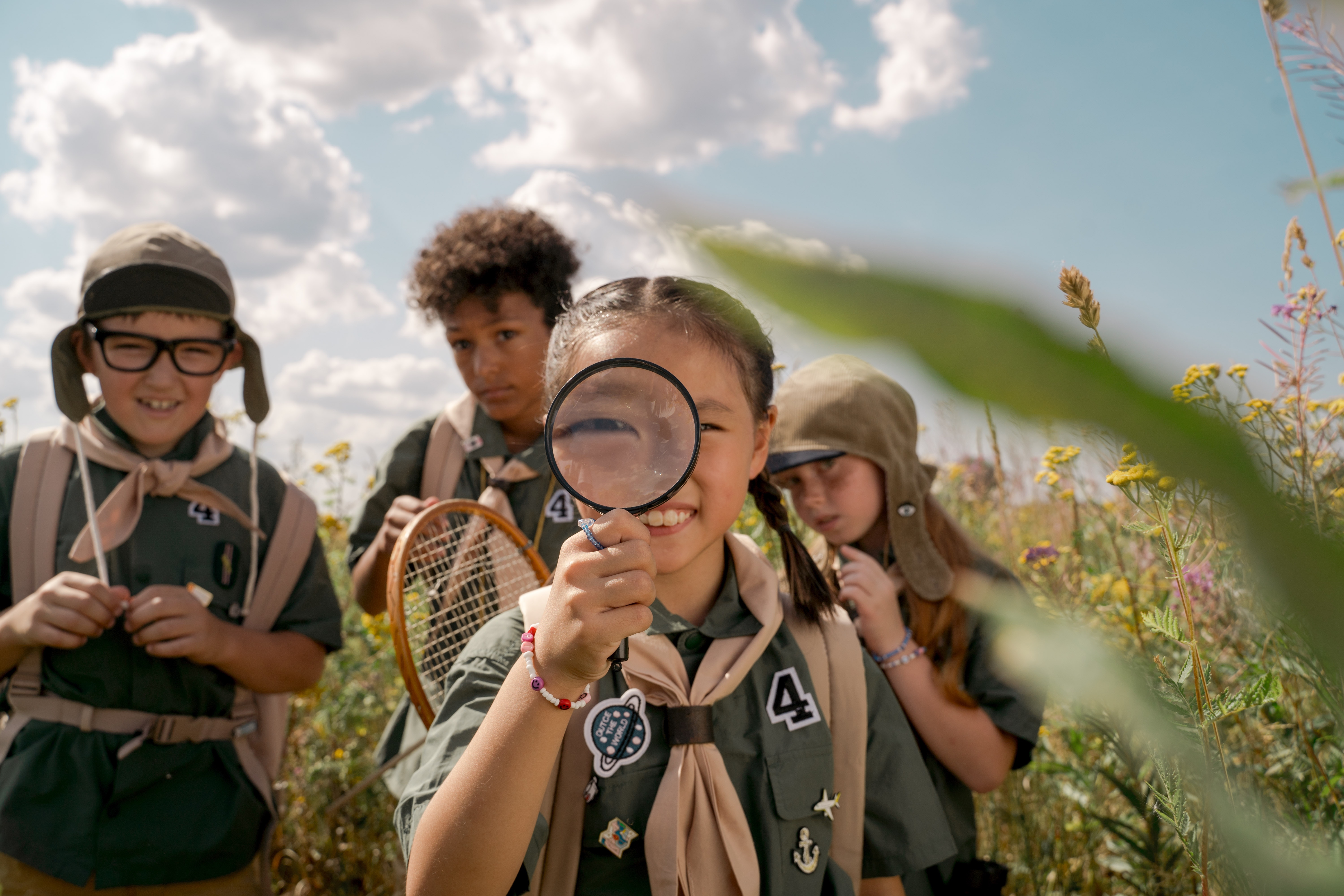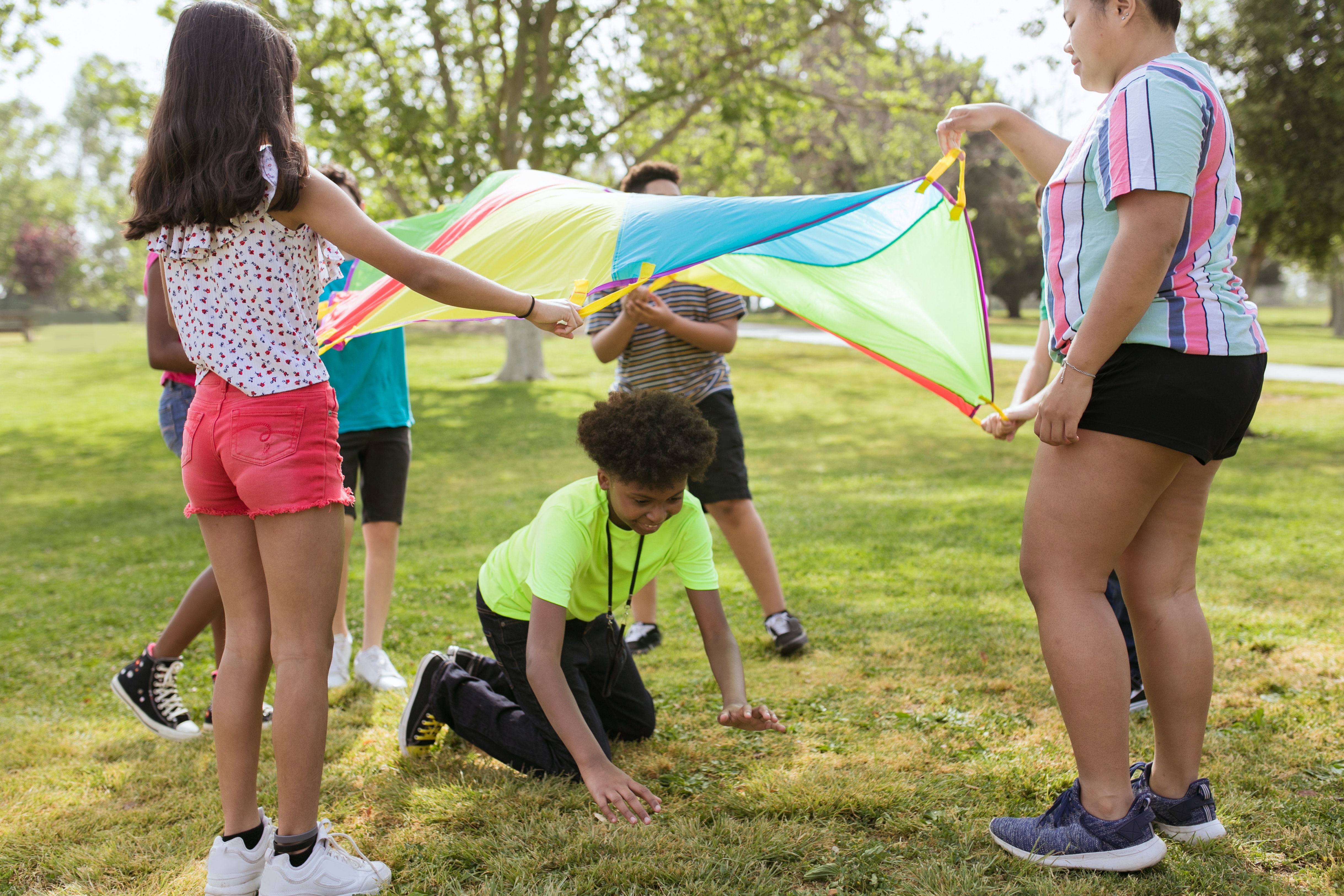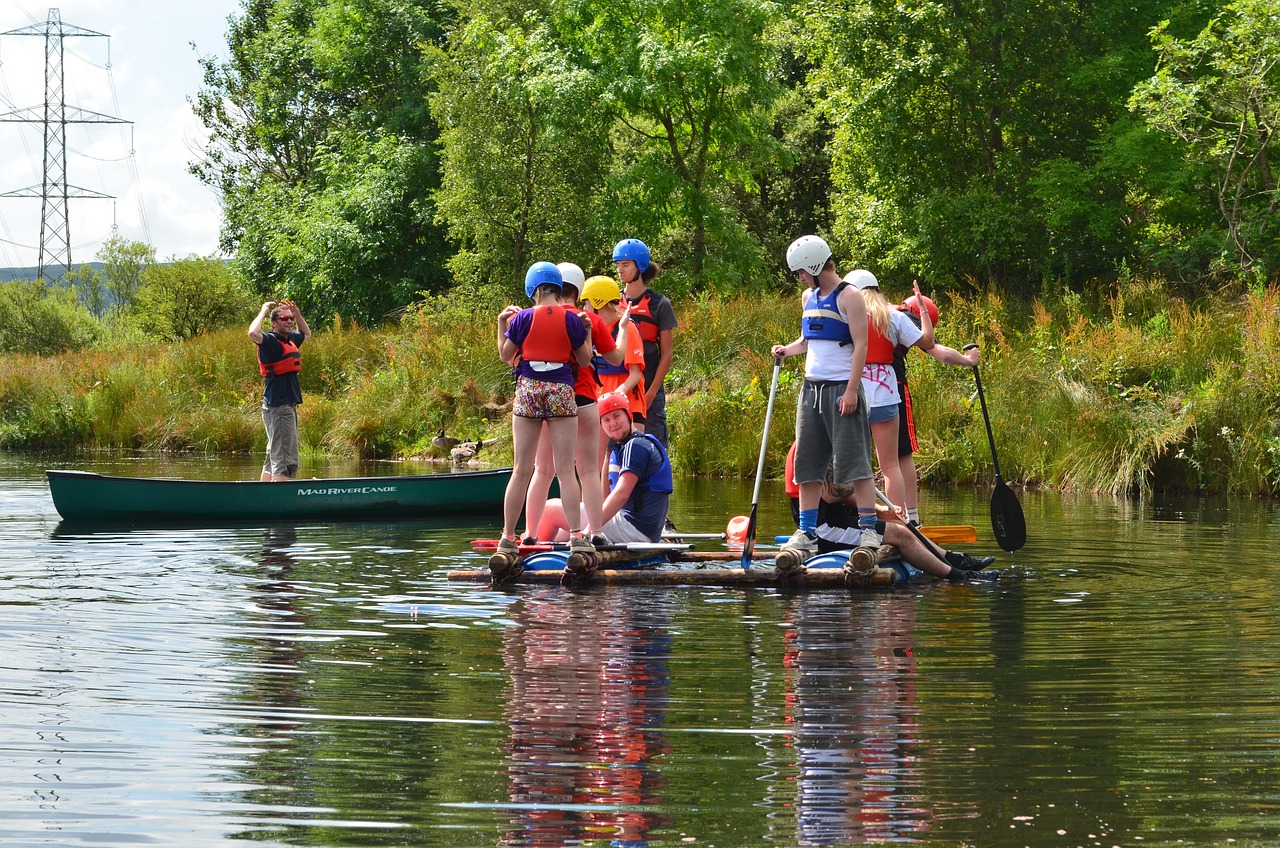The origin of many environmental problems lies with human beings. The way we behave has a direct impact on ecosystems. Therefore, given the current climate crisis we are facing, it is important to know and study the human mind if we want to foster pro-environmental attitudes.
This is especially important in the case of children, as they will be the ones to govern the planet of the future. But how are we currently educating our children?

New technologies have brought countless benefits to children. Tablets, computers and the internet are valuable resources that can enrich their education. However, they also come with a downside: today's children spend less time outdoors than previous generations.
This is worrying, as science has shown that adults' interest in the environment is created during childhood, mainly due to experiences with nature. So, if you want your child to be environmentally conscious, rather than enrolling them in an educational course or showing them videos of animals full of plastic on YouTube, send them to a good summer camp in nature.
This is what researchers from the Autonomous University of Madrid and the University of Leiden found. They collected data in three different summer camps: one in nature with environmental education activities, one in nature without environmental education activities, and one in the city without environmental education activities.
As expected, unlike the children who went to the urban camp, those who attended the nature camps increased their environmental behaviors. However, there was hardly any difference between the children at the two nature camps, indicating that environmental education activities are not as effective as being able to spend fun time in a natural environment.

These results are in line with other research that has been conducted on the subject. One study asked adult environmentalists about their reasons for committing to protecting the environment and they mainly mentioned two reasons: positive experiences with nature during childhood and the influence of other people. In fact, other long-term research showed that spending time outdoors at age six leads people to engage in environmentally friendly behaviors at age eighteen.
In the end, as much as we like to boast of being a rational animal, emotions have a great weight in all the decisions we make throughout our lives. Having played as a child in a natural environment makes us love it and, therefore, want to protect it. In turn, experiencing forests, rivers and mountains firsthand causes us to develop a sense of connection to the natural environment.
In addition, nature also brings other benefits to children: it makes them happier and, in general, better people. One study showed that children who can enjoy a green playground at school suffer less stress and their overall psychological well-being is better. Often these effects can be seen directly, as these children are often more positive, have more energy and less anger. In turn, several studies have shown that after spending time in nature, children are more generous and more helpful to others, both acquaintances and strangers.
Not all children can go to a school with gardens or live close to nature, so specialists propose summer camps as a good alternative:
The experiences are brief but intense. For several days, children experience total immersion in nature. In addition, during this time they play and have fun with friends, so they associate forests, rivers and mountains with positive emotions. Finally, there is no lack of education by professionals, not only in environmental matters, but also in respect for others.

In the end, all this research only proves with data what most of us who have spent our youth going to nature camps already know: a place where you play with your friends in the meadows, climb mountains and swim in rivers, not only makes you grow as a person, but also gives you the best moments of your childhood.













